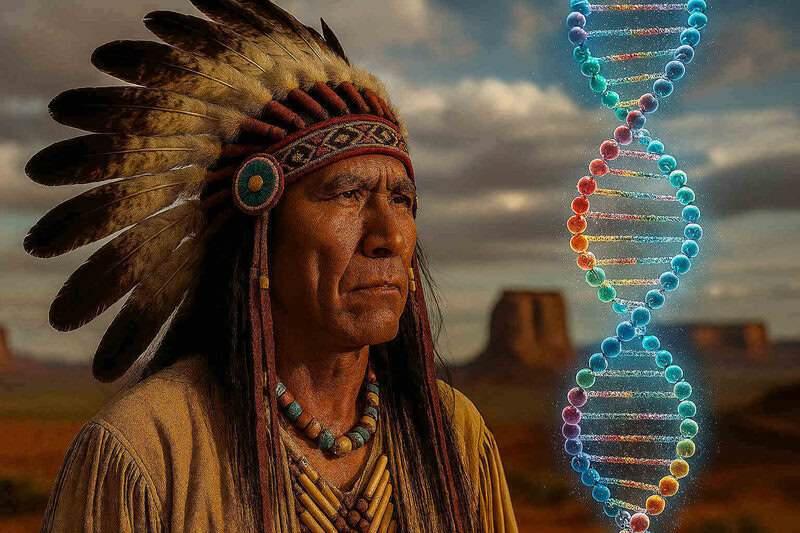Choctaw Nation

The Choctaw Nation is one of the largest tribes in the southeastern United States, with a complex history that includes resilience in the face of adversity. Originally located in Mississippi, the Choctaw were forcibly relocated during the Trail of Tears, a tragic chapter in their history.
Today, they are known for their vibrant culture, including traditional music, dance, and crafts. In DNA ancestry results, many individuals find connections to the Choctaw Nation, often leading to a renewed interest in learning about their ancestors’ stories and the tribe’s significant role in American history and culture.












